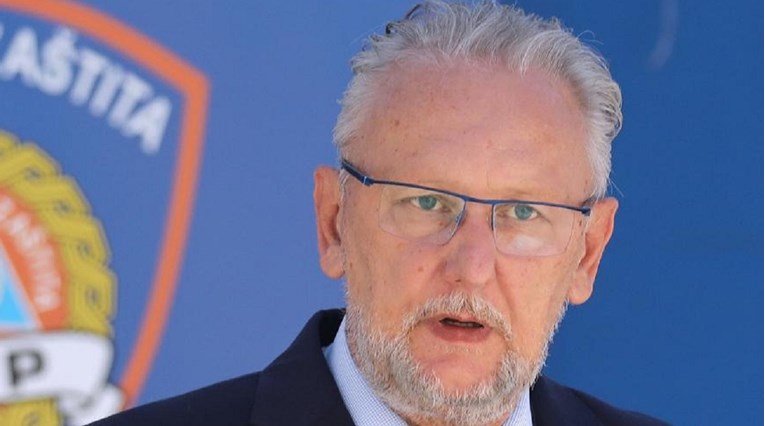National Covid response team: We're doing all we can to prevent another lockdown

INTERIOR Minister Davor Bozinovic who is at the helm of the national COVID-19 response team, said on Monday that maximum effort would be invested to avoid yet another lockdown situation and that hotsposts were being more precisely handled.
Bozinovic spoke about a meeting he held with response teams from counties earlier on Monday.
The meeting discussed preparations by authorities and how to brace for developments in the autumn so that the system can best respond to numerous challenges now that residents are returning from holidays along the coast before the start of the new school year.
"We underlined that the system will invest maximum effort to avoid a lockdown so that as much as possible can stay active and local and county response teams are tasked with identifying hotspots more precisely," he said.
"That would serve as the basis for the national authority to make its decisions that would then not affect the same commercial activity throughout the country and the measures would be directed to that segment or specific legal entities that are seen to be failing to implement the public health institute's measures as prescribed," Bozinovic said.
He explained that that implies addressing COVID clusters more precisely which will mean that local response teams will have more work.
Minister expects certain local response teams to come up with concrete measures soon
The minister said that local response teams were expected to come up with specific measures and recommendations soon.
"If we see that the majority of them have similar requests, we can adopt measures that will apply to all of Croatia. This is the best way to leave as much as we can to remain functional and to act in intervals of 14 days in those clusters that may emerge," he explained.
Speaking about the detection of hotspots, Bozinovic assessed that wedding parties were a prime source of spreading the virus but that there is no need to generalise. "There are about 300 weddings a week in Croatia and not all of them are a source of infections. We will react where something emerges and try and deal with it. In those areas where the situation is favourable, we will let life go on as normally as possible," he added.
Bozinovic informed that due to the large number of tourists there has been a greater need for testing hence results are not being delivered as quickly.
Head of the Dr. Fran Mihaljevic Infectious Diseases Hospital Alemka Markotic spoke about therapy using plasma that was officially approved in America yesterday.
Markotic explained that plasma therapy is used for some other diseases too as preventative or additional treatment and that Croatia had "some doses" available. She said treatment with plasma was possible but that it can be administered to a restricted number of people only and the results are still dubious.
Commenting on the newly diagnosed cases, she said that "over the past few days we've noticed a few more elderly patients and more serious symptoms than we had expected."
"It is still much better than it was in the winter and early spring. With the growing number of patients the virus can be expected to enter the elderly population and the symptoms will be more serious," she concluded.



 Facebook
Facebook
 Google
Google